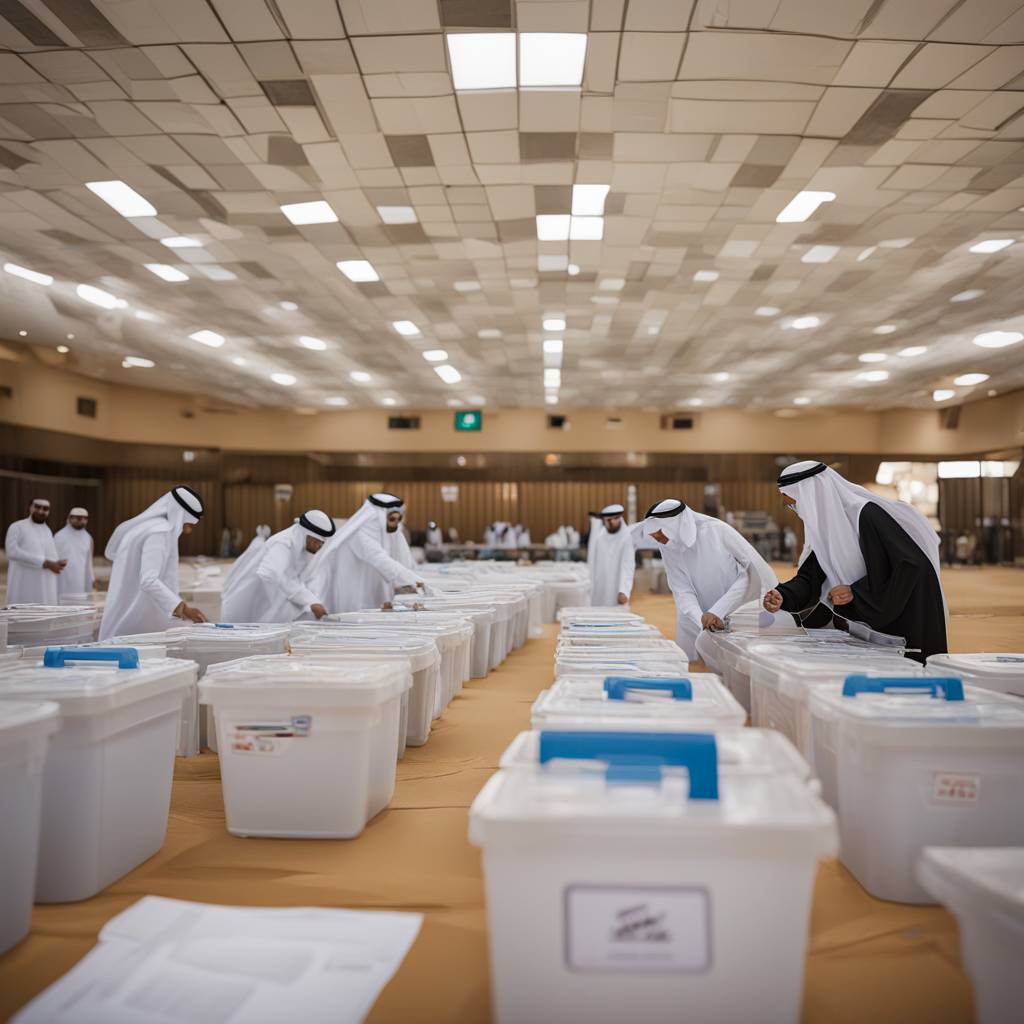As voters in Kuwait head to the polls for an election held for the fourth time in four years to elect a new Parliament, it highlights the country’s unique position in the Middle East. Despite being a monarchy with limited political parties and an emir with the power to dissolve Parliament, Kuwait is seen as a rare alternative in a region where many states are becoming more repressive. The political turmoil resulting from frequent deadlocks between Parliament and the executive branch has led to frustration among citizens. However, young Kuwaitis express hope for real change and political reform, emphasizing the importance of participating in the electoral process.
Two hundred candidates are vying for the 50-seat Parliament in Kuwait, a country known for its significant oil exports. The outcome of the election, set to be announced on Friday, will have a noteworthy impact in a region that lacks genuine participatory politics. The stakes are high for Kuwait, with scholars emphasizing the importance of the election in a nation that values elements of democracy even as some neighboring states veer towards authoritarianism. The Parliament in Kuwait holds more power compared to other monarchies in the region, with the ability to question ministers, influence the state budget, and approve the appointment of a new crown prince.
Despite its relatively greater political participation and freedom of expression, Kuwait has faced economic challenges and lagged behind other Gulf countries in infrastructure development and economic diversification. Issues such as poor infrastructure, salary increases, and economic stagnation have been key concerns for voters like Asraa Al Ghareb. The country’s sovereign wealth fund, one of the largest in the world, has not shielded Kuwait from economic concerns. While some argue that Kuwait’s democracy has hindered economic progress, many citizens believe that space for political evolution is necessary to address the country’s challenges effectively.
The recent dissolution of Parliament by the new ruler, Sheikh Mishal Al Ahmed Al Sabah, highlights the ongoing tensions between the legislative and executive branches in Kuwait. The decision came after Parliament approved a law specifying a substantial annual salary for the ruler, sparking public outrage amid concerns about citizen livelihoods. The call for a snap election further exemplifies the political complexities in Kuwait, with uncertainty surrounding the country’s future direction. While some hope for improved cooperation between branches of government, others express concern about the erosion of democratic mechanisms within the political system.
The call for national dialogue and constitutional amendments to enhance the collaboration between the legislative and executive branches is a proposed solution to address political tensions in Kuwait. The emphasis on balancing political rights and stability reflects a desire among Kuwaitis to navigate the challenges facing their country. While the government’s lack of a clear strategy and vision for governance has left many citizens feeling disillusioned, scholars and Kuwaitis alike stress the importance of not giving up on Kuwait’s relative freedoms. Despite the obstacles and uncertainties, there remains a collective effort to manage political activism and strive for a more inclusive and effective governance system in Kuwait.








